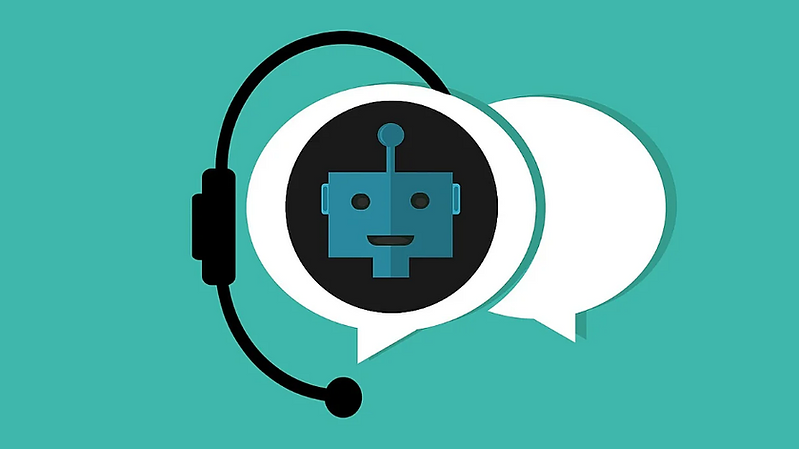Introduction To Out-Of-Domain Queries And Their Impact On Chatbots
Introduction To Out-Of-Domain Queries And Their Impact On Chatbots
Chatbots have gained immense popularity in recent years, revolutionizing the way businesses interact with their customers. These conversational agents are designed to understand and respond to user queries effectively.
However, a significant challenge that chatbots face is handling out-of-domain queries, which are user inputs that fall outside their pre-defined scope of knowledge. Out-of-domain queries pose a unique problem for chatbots as they require the system to provide meaningful responses despite lacking specific training data or understanding of the topic at hand.
Traditional supervised learning approaches rely heavily on labeled data within a specific domain, limiting the chatbot’s ability to handle diverse user inputs. In this context, an exciting game-changing solution has emerged – unsupervised learning for chatbots. This approach leverages advanced natural language processing techniques and algorithms to enable chatbots to autonomously learn from unstructured text data available on the internet.
The Limitations Of Supervised Learning For Chatbots
Supervised learning, which relies on labeled training data, has been the dominant approach for training chatbots. However, it suffers from several limitations that hinder its effectiveness. Firstly, creating a comprehensive and diverse dataset is a time-consuming and expensive task.
The process often requires human experts to annotate thousands of dialogues, limiting scalability. Additionally, supervised learning struggles with handling out-of-domain queries or user inputs that fall outside the pre-defined scope of the training data.
These queries are unpredictable and can lead to inaccurate responses or even system failures. Moreover, chatbot performance heavily depends on the quality of labeled data, making it vulnerable to bias and errors present in the annotations. Lastly, supervised learning lacks adaptability as it cannot learn from real-time interactions with users or continuously improve over time without extensive retraining processes.
Exploring The Game-Changing Potential Of Unsupervised Learning For Chatbots
Unsupervised learning has emerged as a game-changing approach for chatbots, particularly in handling out-of-domain queries. Traditionally, chatbot training heavily relied on supervised learning methods, where human experts manually provided labeled data for each possible query. This approach limited the chatbot’s ability to handle queries outside its predefined domain. However, with unsupervised learning, chatbots can autonomously learn from vast amounts of unannotated data and discover patterns and relationships within it.
This novel approach allows chatbots to generalize knowledge beyond their initial training data and handle a wide range of out-of-domain queries effectively. The potential of unsupervised learning in improving chatbot performance is significant. It enables the development of more adaptable and versatile conversational agents that can understand user intent better, provide accurate responses even to unfamiliar queries, and continuously improve their language understanding capabilities over time.
Implementing An Unsupervised Learning Approach For Handling Out-Of-Domain Queries
Implementing an unsupervised learning approach for handling out-of-domain queries requires a strategic framework to ensure optimal performance of chatbots. Firstly, the chatbot must be equipped with a diverse dataset containing both in-domain and out-of-domain data to capture a wide range of user intents accurately. Then, unsupervised learning algorithms, such as clustering or topic modeling, can be applied to identify patterns within the out-of-domain queries.
To handle such queries effectively, the chatbot needs to differentiate between in-domain and out-of-domain questions accurately. This can be achieved by measuring the similarity between the user query and known in-domain topics using techniques like cosine similarity or word embeddings. Out-of-domain queries can then be routed appropriately by either providing relevant responses from pre-defined templates or escalating them to a human operator.
Additionally, continuous feedback loops should be implemented to improve the chatbot’s understanding of user intents over time.
Cluess Chatbots are a Thing of the Past: Supervised learning unlocks the potential of chatbots to respond intelligently to queries that migh be outside of their domain.

